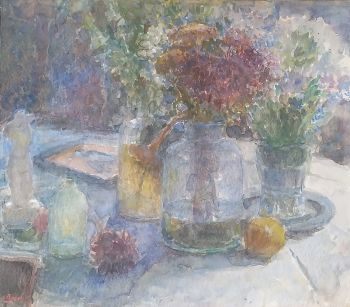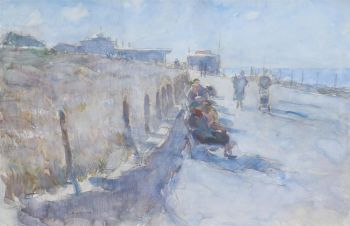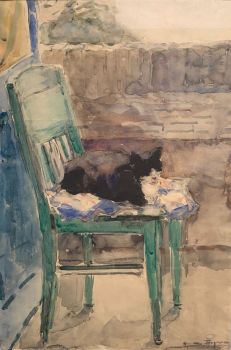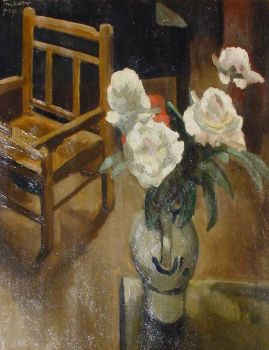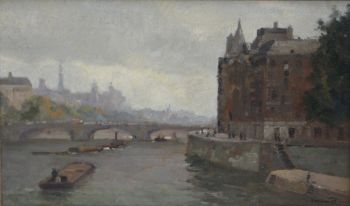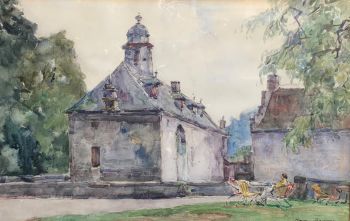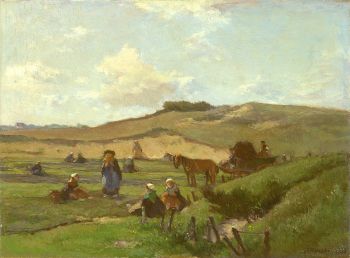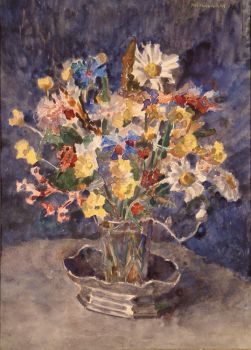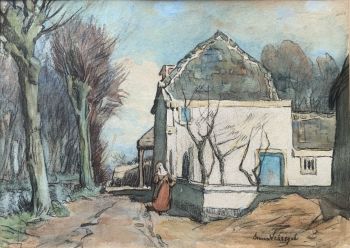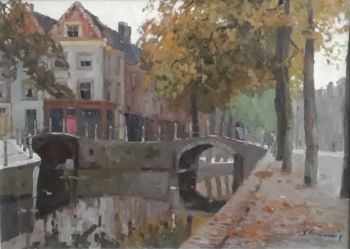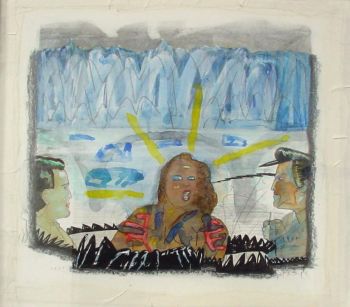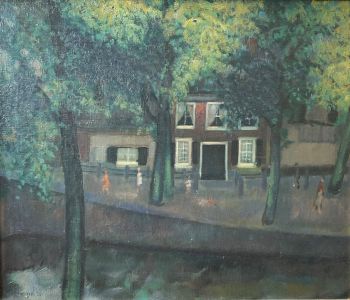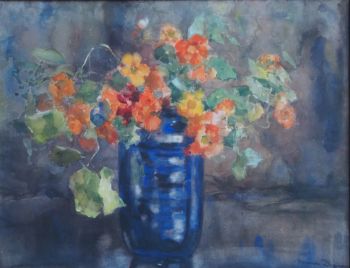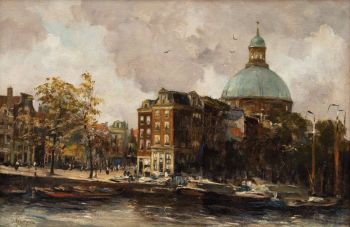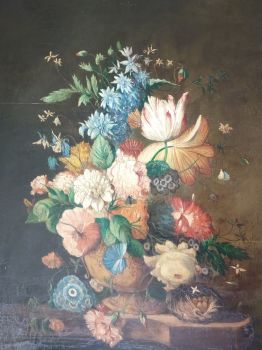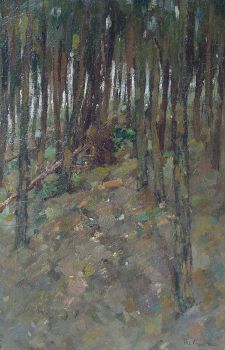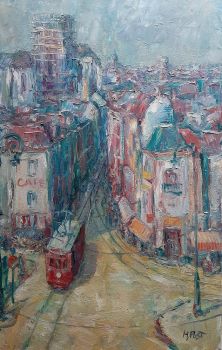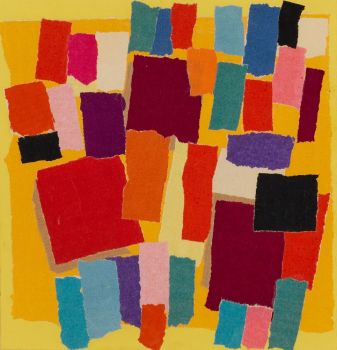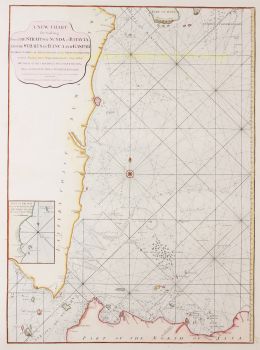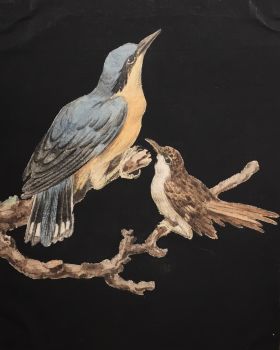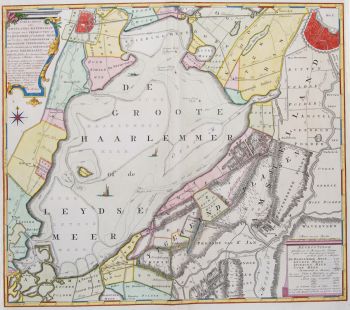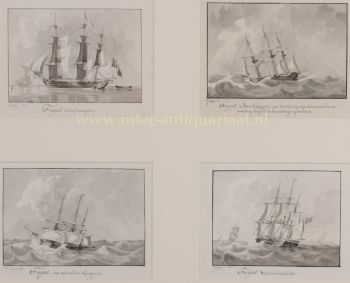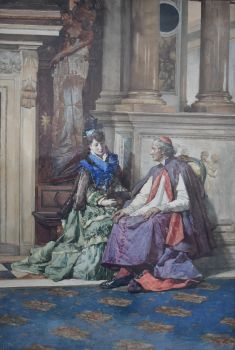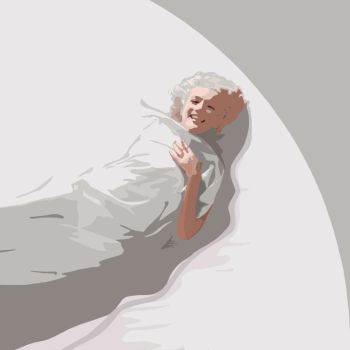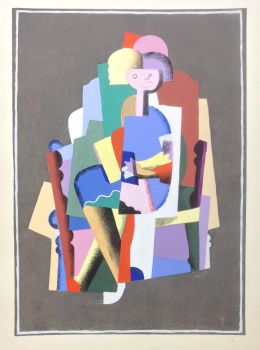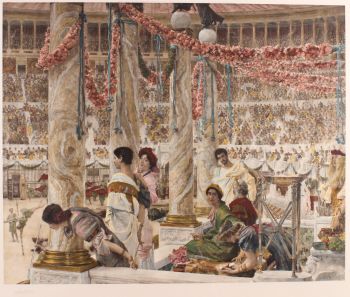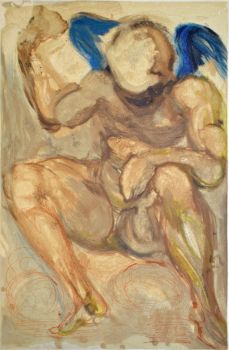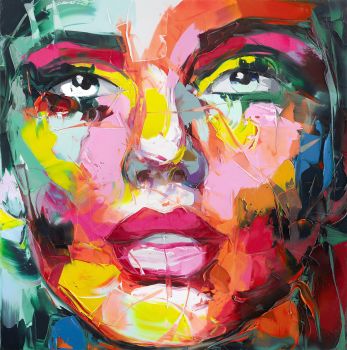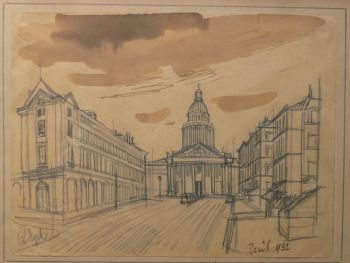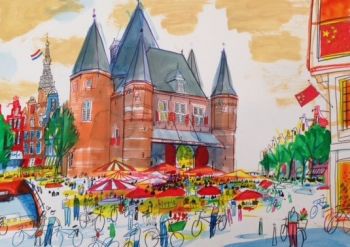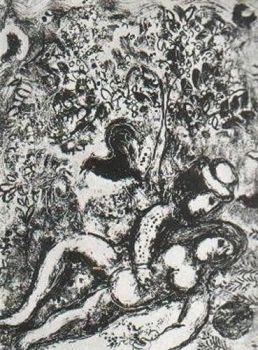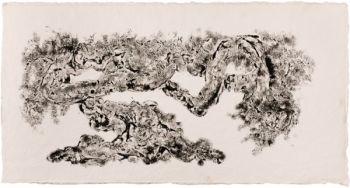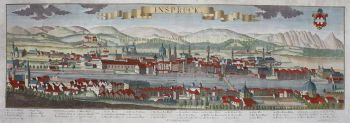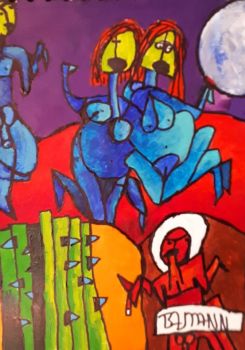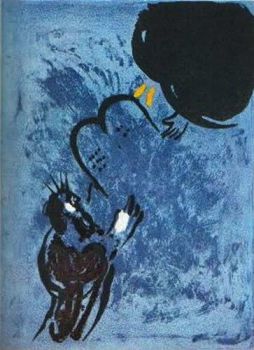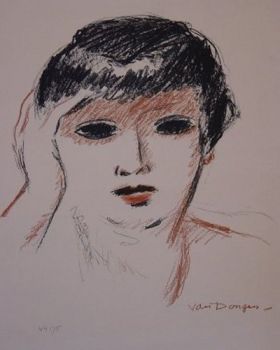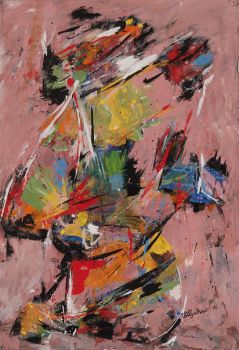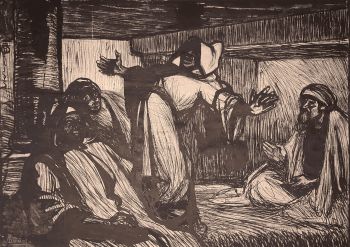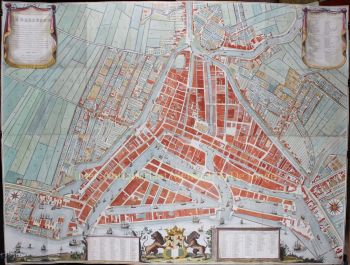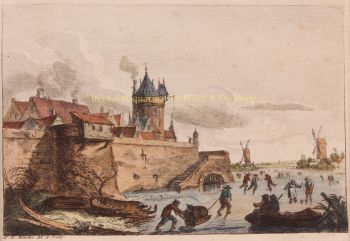About the artist
Piet van Boxel Sr., born March 23, 1912 in Rotterdam, was a renowned Dutch watercolourist, painter and draftsman. He was adept at depicting a variety of subjects, including figures, landscapes, portraits, cityscapes, still lifes and beach scenes.
Van Boxel was educated at the Academy of Visual Arts in Rotterdam, where he was supervised by J.G. Heijberg and D. Bautz. He made study trips to Spain and the South of France, which enriched his artistic perspectives. Early in his career he showed an extraordinary mastery of painting technique in numerous genre paintings and still lifes, which he produced, among others, on behalf of art dealers to earn a living.
He received the Royal Subsidy and won the Jacob Hartog Prize in 1962 for his watercolor of a girl's portrait. From 1969 to 1991 Van Boxel lived and worked in Rotterdam, Amsterdam and The Hague.
During his career, Van Boxel developed into an excellent portraitist. In addition to striving for a striking likeness, he also looked for the personality of his subjects and tried to express this in posture and facial expression. He also remained true to the philosophy of his teacher J.G. Heijberg: "There is no background, there is only colour. One color evokes the other and together they must form a harmonious whole in all corners." In addition to many commissions, he painted portraits of fellow artists and a long series of self-portraits. His self-portraits were rarely exhibited. When he exhibited a large self-portrait in Pulchri Studio in 1986 after much insistence, he promptly won the prestigious Jacob Hartog Prize.
Van Boxel's neighbour, the watercolorist Ru de Bruyn Ouboter, encouraged him to work with watercolor, which became a passion for Van Boxel. Sitting on a low stool, he bent over thick brushes and painted on large sheets of paper that lay on the floor in front of him. He often depicted the interior of his studio, with the many collected objects and vases with almost faded flowers. Time and time again he tried to find the right color harmonies to represent the glass vases, withered flowers, figurines and other objects.
In addition to his 'studio tables', he also painted the major construction projects that took place in The Hague in the 1960s and 1970s. Undisturbed by bystanders, he worked on the edges of construction pits and during excavation work, following his great inspiration,

